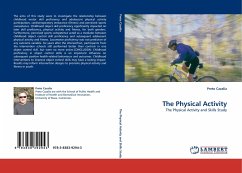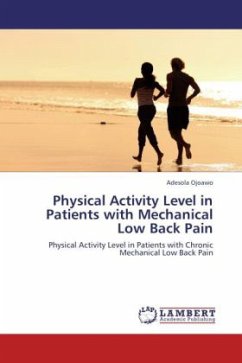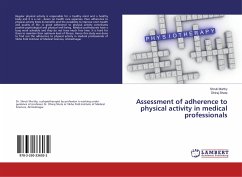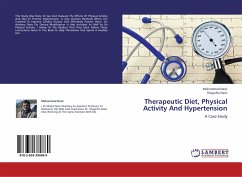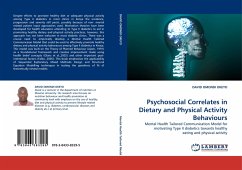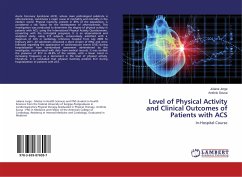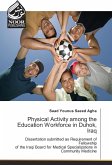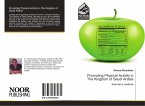The aims of this study were to investigate the relationship between childhood motor skill proficiency and adolescent physical activity participation, cardiorespiratory endurance (fitness) and perceived sports competence. Childhood object skill proficiency significantly impacted on later skill proficiency, physical activity and fitness, for both genders. Furthermore, perceived sports competence acted as a mediator between childhood object control skill proficiency and subsequent adolescent physical activity and fitness. Locomotor proficiency was not predictive of any outcome variable. Six years after the intervention, participants from the intervention schools still performed better than controls in one object control skill, but were no more active.CONCLUSION: Childhood proficiency in object control skills is an important influence on subsequent positive health-related behaviours and outcomes. Childhood interventions to improve object control skills may have a lasting impact. Results may inform intervention designs to promote physical activity and fitness in youth.
Bitte wählen Sie Ihr Anliegen aus.
Rechnungen
Retourenschein anfordern
Bestellstatus
Storno

